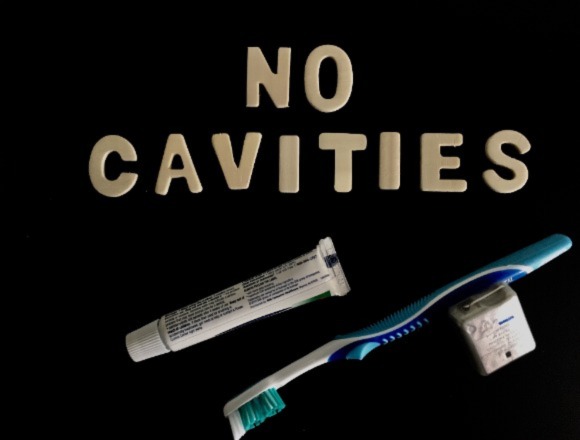
Do you know that a cavity or tooth decay that creates a hole in your tooth needs to be treated asap? Whether the cavity causes pain or not, a good dentist can treat it properly and also prevent the formation of new ones. Make an appointment with an experienced dentist of a noted dental facility to understand about Dental Cavities: Symptoms, Causes and Treatments and get it gradually healed.
The severity of your tooth decay determines the signs of your dental cavity. Some of the common symptoms you may experience include tooth sensitivity, pain in your teeth, a clearly visible hole in your fangs or distinct stain marks on your teeth.
Cavities often form on your teeth due to plaque which is a sticky combination of bacteria, saliva, acid and food substances that accumulate on your whites. Cavities generally tend to develop in rear teeth as those have openings and grooves which trap particles of food. This is also because these teeth are a bit difficult to reach while you brush and floss.
Though all are at risk of forming cavities, there are some people who’re at a greater risk of this oral issue. For instance, those who consume acidic food or sugary drinks in excess, those who don’t follow proper oral hygiene practices, people with eating disorders or dry mouth and those having lack of fluoride or suffering from acid reflux disease are the ones more prone to developing cavities.
Your dentist will carry out an oral exam or use teeth X-ray procedure to detect a dental cavity. There are various ways to treat a cavity. Let’s take a look into some of the main treatment options to heal teeth cavities as per the intensity of your decay.
1. Tooth fillings
For this, a dental doctor eliminates the decayed material from the affected tooth using a drill and then, fills the tooth with silver, gold or blended resin.
2. Crowns
In case of a severe decay, a dentist may put a customized cap over the tooth bearing cavity to replace its original crown. Your dentist will first carry out removal of the decayed tooth portion before proceeding with this treatment.
3. Root canal
A root canal is carried out by dentists when the tooth decay seriously damages your dental nerves and makes them dead. For this treatment, a good dentist removes the nerve tissue, vascular tissues and all decayed parts of your teeth. Then, they keep watch for infections and apply medication to the roots as required. Lastly, they fill up the tooth and may place a crown on it, if needed.
If your dentist identifies a tooth cavity during earlier stage, a fluoride treatment can restore the enamel and restrict further decay.
Cavities or tooth decay often cause immense oral pain and discomfort. Want to soothe the irritation a bit before your dental checkup? Few things that you can focus on to reduce the discomfort for the time being are maintaining a good oral hygiene routine, trying over-the-counter (OTC) anesthetics and staying away from those food or drinks that are too hot or too cold.
Consult with a dental expert belonging to a revered dental clinic to perfectly grasp the concept of Dental Cavities: Symptoms, Causes and Treatments and get your painful cavity formation appropriately treated with care and attention at budget-friendly costs.